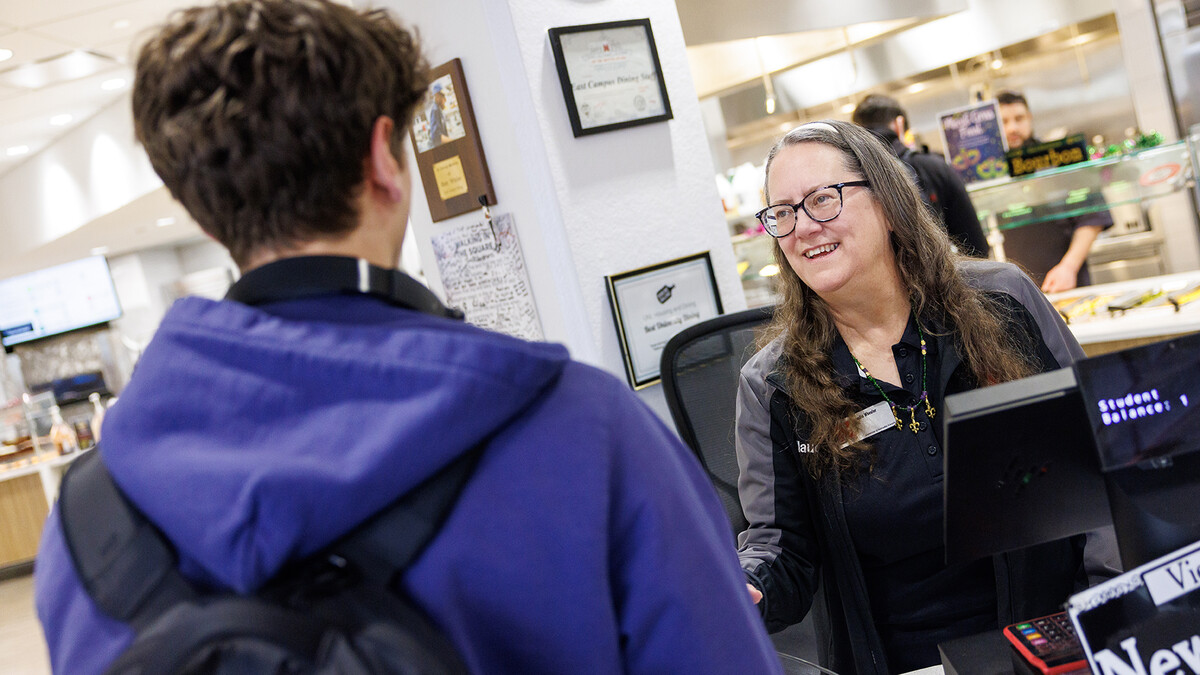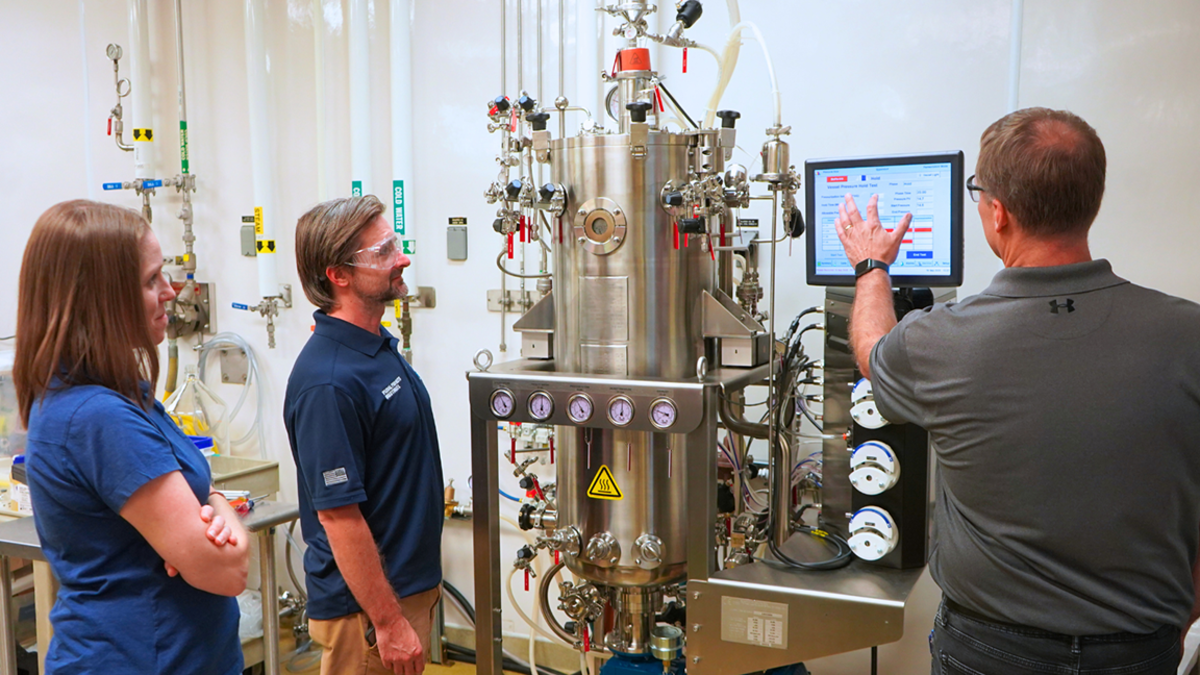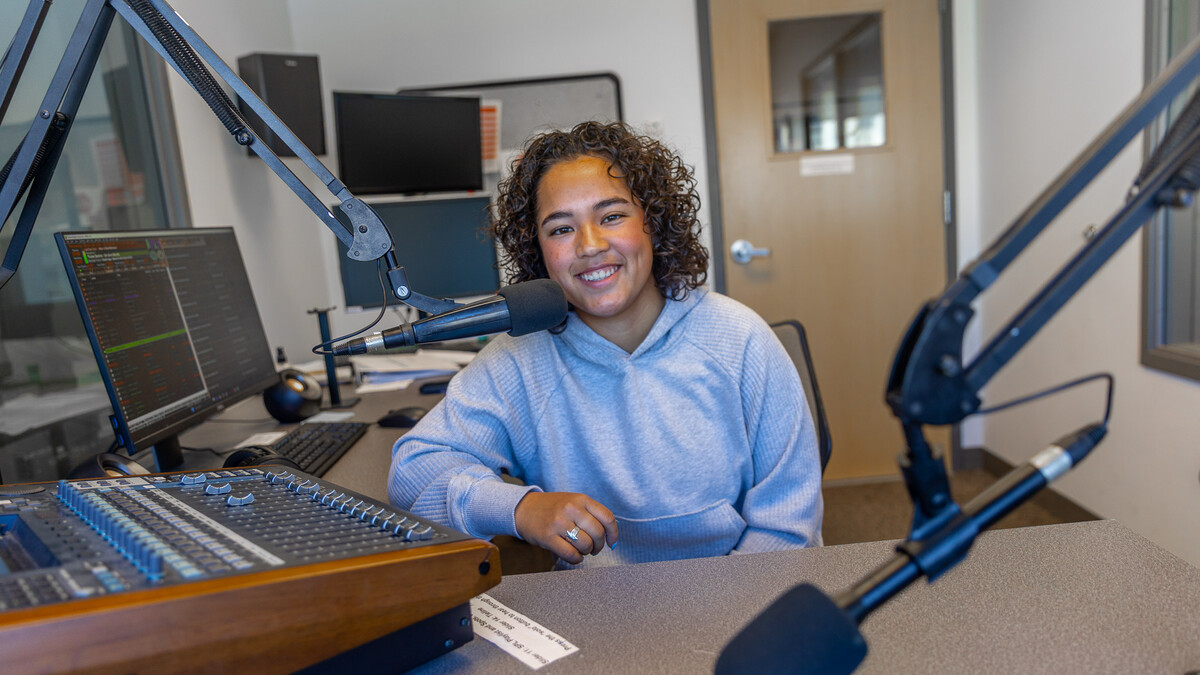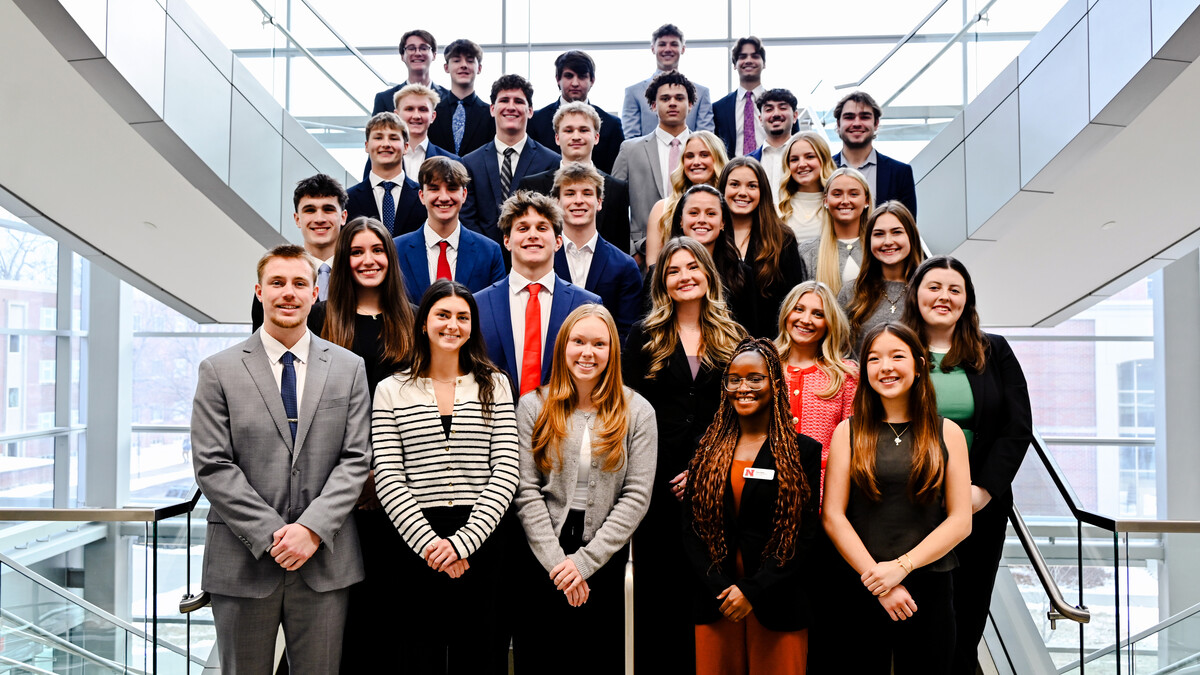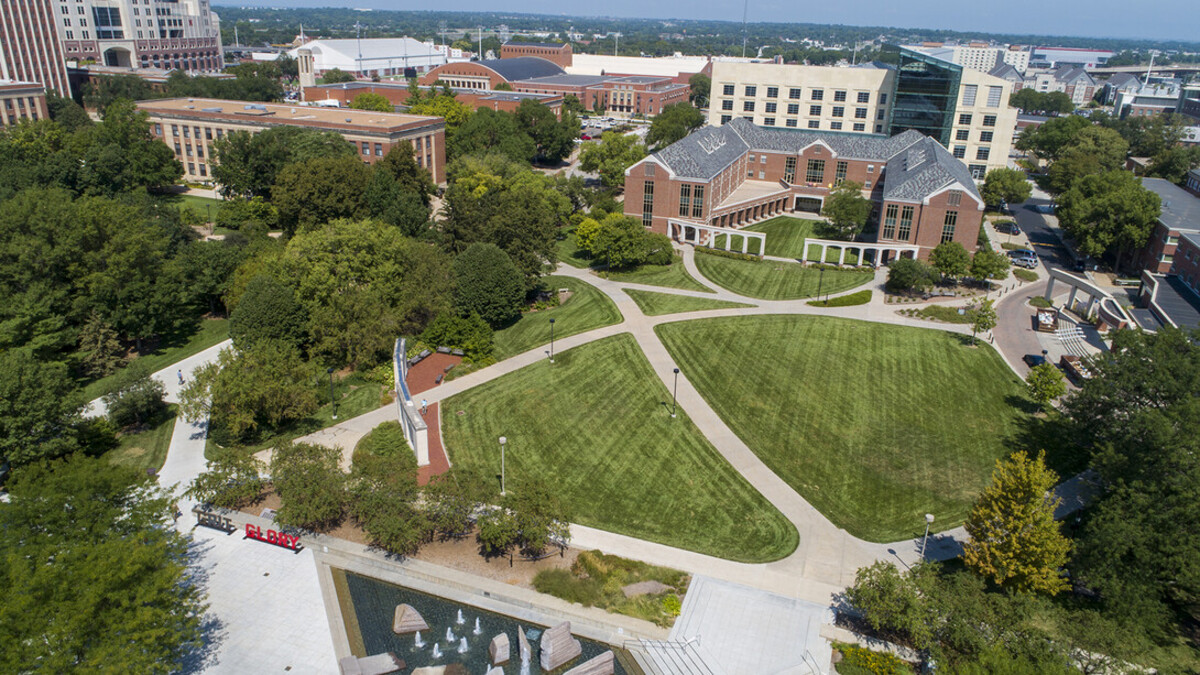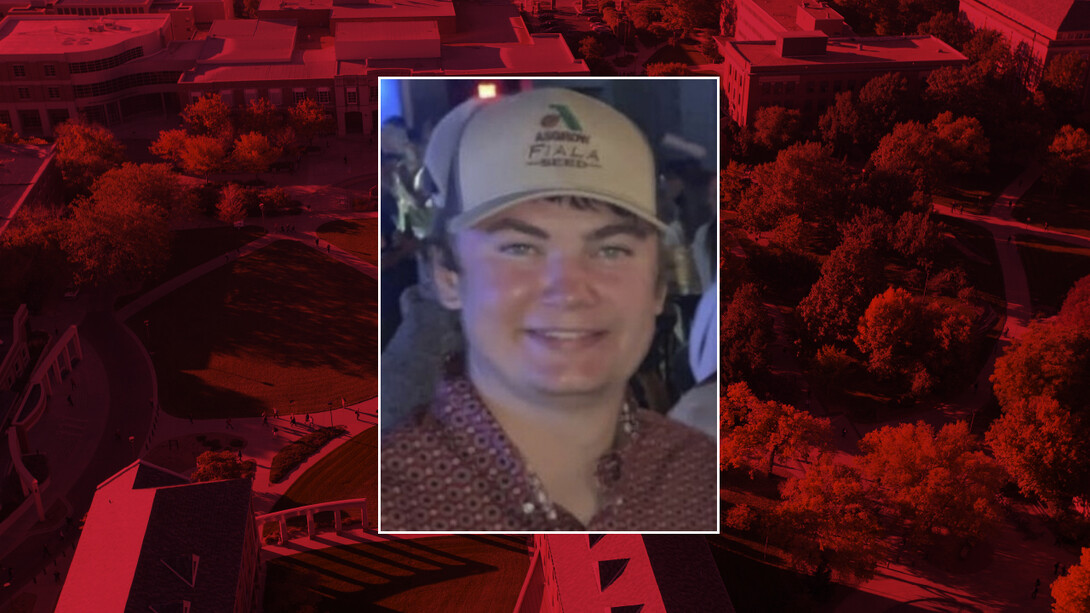
For Rob Buhl, an agricultural economics major from Osceola, the University of Nebraska–Lincoln’s three-week fall session has opened up an unexpected opportunity to graduate a semester earlier than planned and launch his farming career.
“I just want to graduate and go back to the farm,” he says. “In the spring, I’ll be able to help full time in partnership with my dad.”
Buhl’s father, Dion, raises corn and soybeans on a farm west of Osceola. Rob Buhl, who will be the fifth generation in his family to farm there, owns some land of his own and will start out the spring 2021 planting season using equipment owned by his dad.
With 20 hours left to earn his degree heading into the 2020-2021 academic year, Buhl originally planned to take 13 hours in the fall semester and finish up with seven credits in the spring. When the university announced the three-week session to be held in December, he saw his chance to graduate in three-and-a-half years.
During the eight-week winter interim period between the Nov. 24 end of the fall semester and the Jan. 25 start of the spring semester, the university is offering two three-week remote learning sessions to keep students engaged and progressing toward their degrees.
More than 60 classes are being offered during the fall three-week session, said Amy Struthers, who spearheaded the effort as experiential learning coordinator with the Office of the Executive Vice Chancellor. The classes range from one- to three-credit hours and are a mixture of graduation requirements, career and research skills, discipline-specific topics, and interdisciplinary and innovative classes addressing the “grand challenges” of today’s world.
Buhl said he’s weary of taking online classes because of the pandemic and that made him more eager to finish up his degree.
“Studying remotely’s got its advantages and its disadvantages, but I wouldn’t want to do a whole four years this way,” he said. “You definitely lose the personal interaction with the teacher and your classmates – that’s something you can’t make up for. And I think you’re a little more disciplined when you go to class every day, instead of just turning on your computer.”
To bring December graduation within reach, Buhl added a one-credit class to his fall schedule and his adviser helped him get a waiver to exceed the four-credit hour limit so that he could take six credit hours during the first three-week session, which launches Nov. 30 and finishes Dec. 18.
He signed up for agriculture-related classes, a three-credit class on the science of food and one-credit classes on exploring the culture of agriculture, introduction to plant identification and designing your life after college. Buhl said he’s particularly interested in the life after college course.
“It’s going to be an intense three weeks, but I’ll get it done,” he said.
